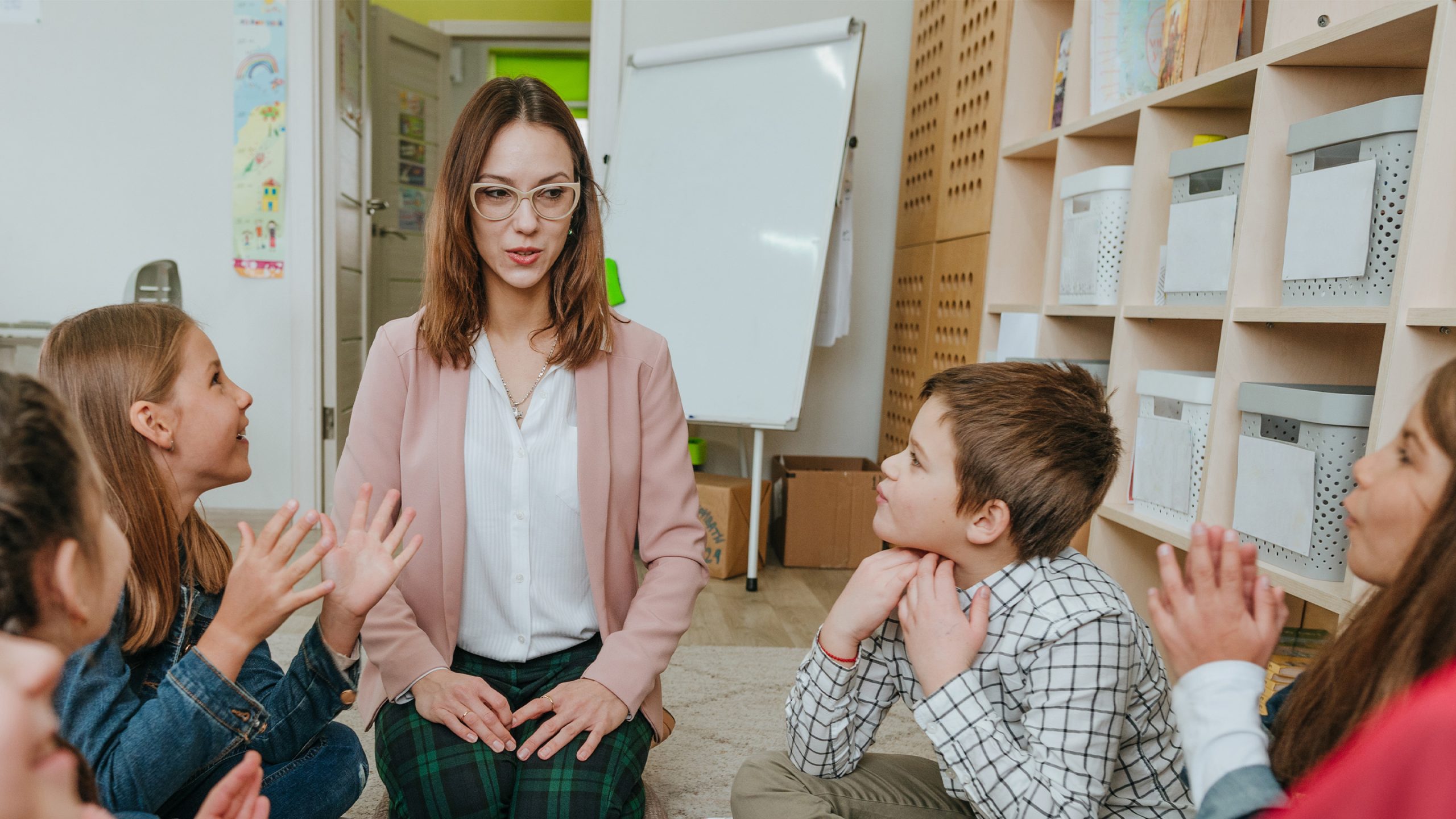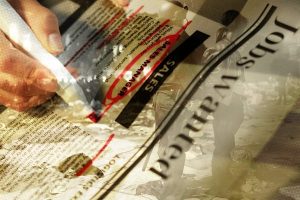Self-regulation is an essential skill for both teachers and students in order to effectively manage emotions, behavior, and learning. It involves being able to control and monitor one’s own thoughts, feelings, and actions in order to achieve goals and respond appropriately to different situations. In the classroom, self-regulation plays a key role in creating a positive learning environment and promoting academic success.
For teachers, self-regulation practices are important in managing stress, staying focused, and creating a supportive classroom environment. Here are some strategies that teachers can use to improve their self-regulation skills:
1. Practice mindfulness: Mindfulness involves being fully present in the moment and aware of one’s thoughts and feelings without judgment. Teachers can incorporate mindfulness practices such as deep breathing, meditation, or yoga into their daily routine to reduce stress and improve focus.
2. Set clear goals: Setting clear, achievable goals helps teachers stay focused and motivated. By breaking down larger goals into smaller, manageable tasks, teachers can stay organized and track their progress more effectively.
3. Maintain a healthy work-life balance: It’s important for teachers to prioritize self-care and set boundaries between work and personal life. Taking breaks, getting enough rest, and engaging in activities outside of work can help prevent burnout and improve overall well-being.
4. Seek support: It’s important for teachers to seek support from colleagues, mentors, or mental health professionals when needed. Having a support system can help teachers cope with stress, problem-solve, and stay resilient in challenging situations.
For students, self-regulation practices are important for academic success, social-emotional development, and overall well-being. Here are some strategies that students can use to improve their self-regulation skills:
1. Develop self-awareness: Students can improve their self-regulation skills by developing self-awareness of their thoughts, emotions, and behaviors. By recognizing and labeling their emotions, students can better control their responses and make more informed decisions.
2. Practice goal-setting: Setting academic and personal goals helps students stay motivated and focused on their priorities. By breaking down larger goals into smaller steps and tracking their progress, students can build confidence and achieve success over time.
3. Develop time management skills: Effective time management is essential for students to balance academic responsibilities, extracurricular activities, and personal interests. Students can use tools such as calendars, planners, or digital apps to prioritize tasks, set deadlines, and manage their time effectively.
4. Build resilience: Resilience is the ability to bounce back from setbacks and navigate challenges with a positive mindset. Students can build resilience by developing coping strategies, seeking support from peers and adults, and maintaining a growth mindset that focuses on learning and improvement.
In conclusion, self-regulation practices are essential for both teachers and students in order to create a positive learning environment, manage stress, and achieve academic success. By incorporating mindfulness, goal-setting, time management, and resilience-building strategies into their daily routine, teachers and students can improve their self-regulation skills and thrive in the classroom.



